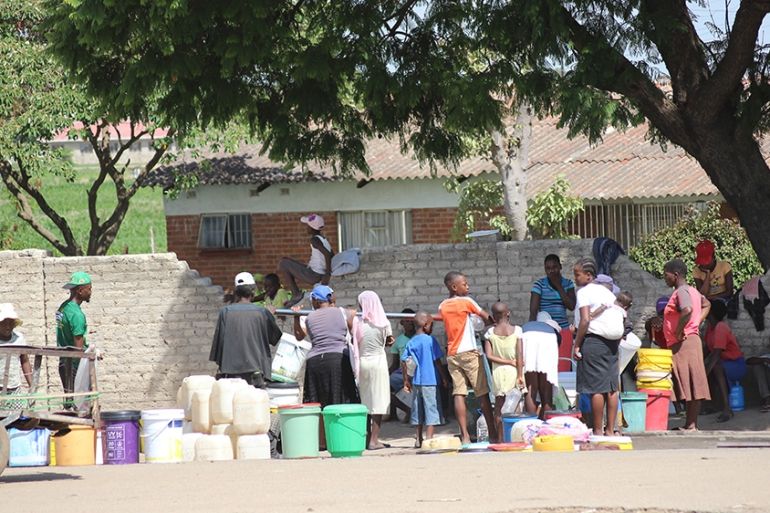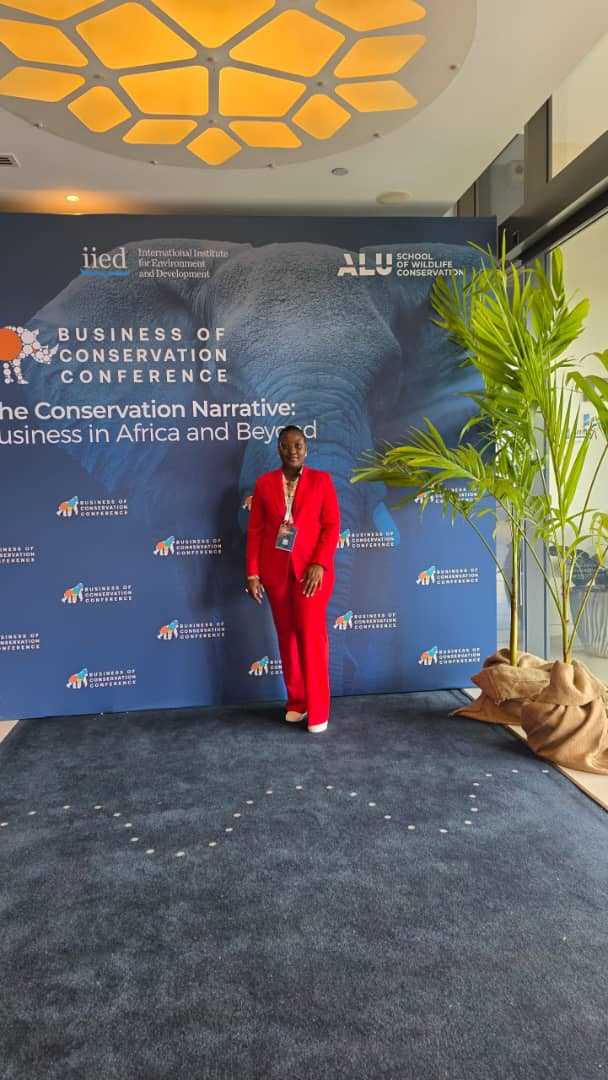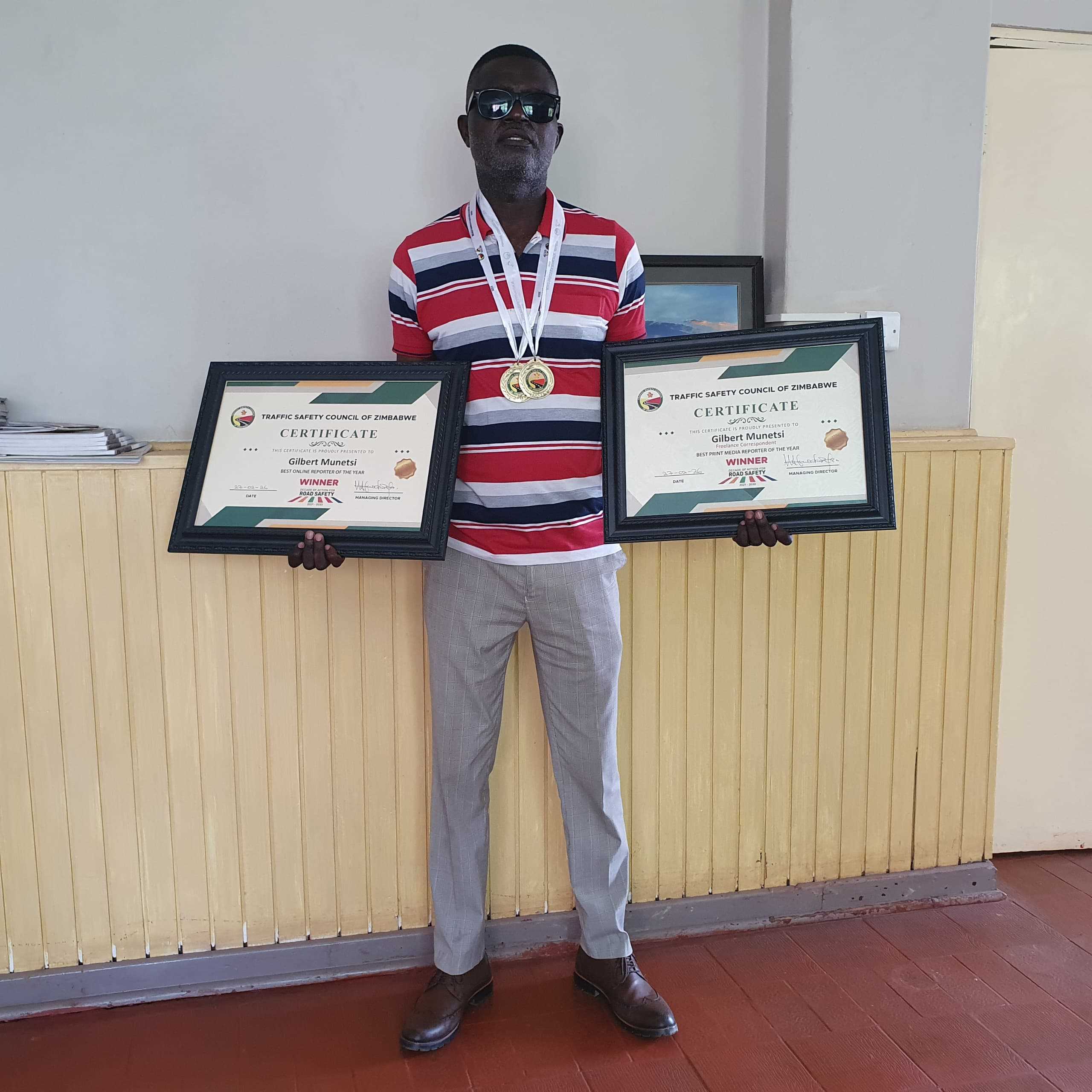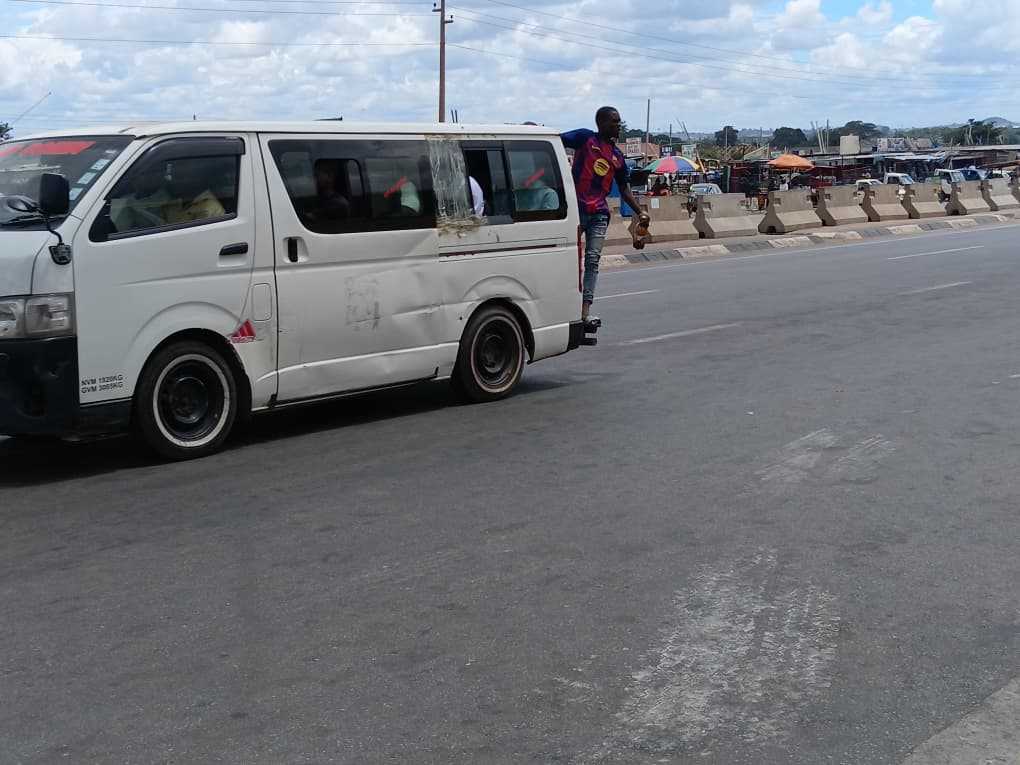
Philemon Jambaya
Zim Now Editor
The once vibrant dormitory town of Chitungwiza has been reduced to a shadow of itself, plagued by a devastating water crisis that has left residents grappling with desperation and despair. The lack of access to clean water has become a daily ordeal, forcing families to spend hours queuing for the precious liquid.
For Sarah Moyo, a 35-year-old mother of two, the search for clean water begins before dawn. "I wake up at 4 am to join the queue. Sometimes, I'm lucky to get water after 3 hours, but other times, I return home empty-handed," she lamented. The queues are not only time-consuming but also costly, with some residents paying exorbitant prices for a bucket of water.
Related Stories
The water crisis disproportionately affects families with young children, who are particularly vulnerable to waterborne diseases. "Washing nappies is a nightmare," said Emily Ncube, a young mother. "We're forced to reuse dirty nappies, exposing our children to diseases." The lack of clean water also hinders proper hygiene practices, putting children at risk of serious illnesses.
Chitungwiza's water woes have led to a surge in waterborne diseases such as cholera, typhoid, and diarrhea. "We've recorded a significant rise in cases of water-related illnesses," confirmed Dr. Tapiwa Moyo, a local healthcare professional.
Residents have resorted to drilling boreholes, but these measures are often insufficient. Community leaders are calling on the government and humanitarian organizations to intervene.
Chitungwiza Municipality has attributed the water crisis to aging infrastructure, vandalism, and funding constraints. While authorities promise to address the issue, residents remain skeptical.
As the water crisis deepens, Chitungwiza residents urge the government, NGOs, and international organizations to provide urgent assistance. "We need clean water to survive," pleaded Sarah Moyo. "Our children's health and well-being depend on it."
The water crisis in Chitungwiza demands immediate attention. The government, civil society, and international community must work together to provide sustainable solutions and ensure access to clean water, a fundamental human right.


















Leave Comments